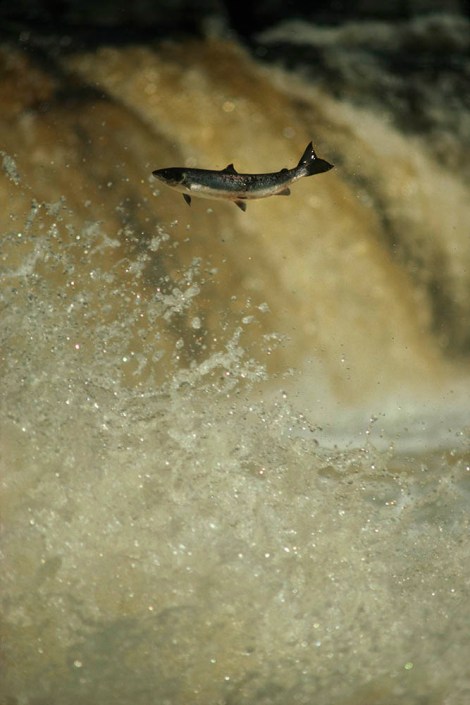This week, we learned …
… why Westeros is still poor. Read of the week!

Photograph by Kal242382, courtesy Wikimedia. CC-BY-SA-4.0
What sort of resources and development contribute to a civilization?
… who has the most powerful kicks and punches in the animal world.

Illustration by Adolph Friedländer, courtesy Wikimedia. Public domain
What animals would win gold in the “animal Olympics”?
… six strategies for mapping teen learning, and why we should set goals around tasks, not outcomes.

Photograph by Gerd Ludwig, National Geographic
Should teens be allowed to vote?
… Italian highlanders may have Scottish roots.

Photograph by kheinz, courtesy Pixabay. Public domain
How do scientists study ancient human migration routes?
… schools are phasing out home economics.

Photograph by Alexander W. Galbraith, courtesy the Toronto Public Library. Public domain
Personal finance is one of the best home ec skills you can have!
… anthropomorphized animals don’t teach kids altruism.
Debbie Reynolds, Charlotte, died this year. Sigh.
Does Mel the fish help you empathize with ocean life?
… thousands of Atlantic salmon have escaped to the Pacific.

Photograph by Bianca Lavies, National Geographic
Where is the source of the world’s most sustainable salmon?
… in the 19th century, STEM fields were considered much more appropriate for women than rough-and-tumble disciplines … like classics.

Photograph by Thomas Phillips, courtesy Scottish National Gallery. Public domain
Are STEM jobs segregated these days?
… climate change may shrink the world’s fish.

Photograph by Greg Girard, National Geographic
How has climate change impacted sea life in the past?
… a peppermint patty powered the first ascent of Everest.

Photograph courtesy Jamling Tanzing Norgay, courtesy Wikimedia. Public domain
If a peppermint patty fueled the ascent of Everest, did a chocolate bar fuel the “Race to the Pole”?
… the Dead Sea can help you make a dress out of salt.
You can make a dress of salt, and you can also make a dress out of maps.

